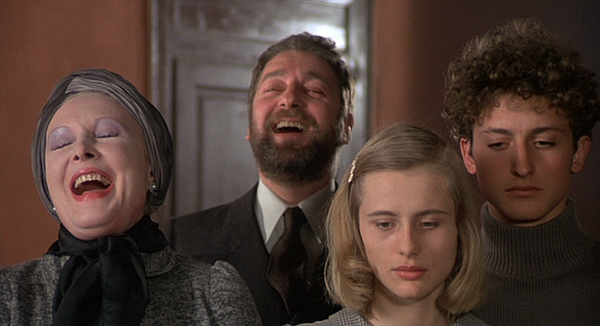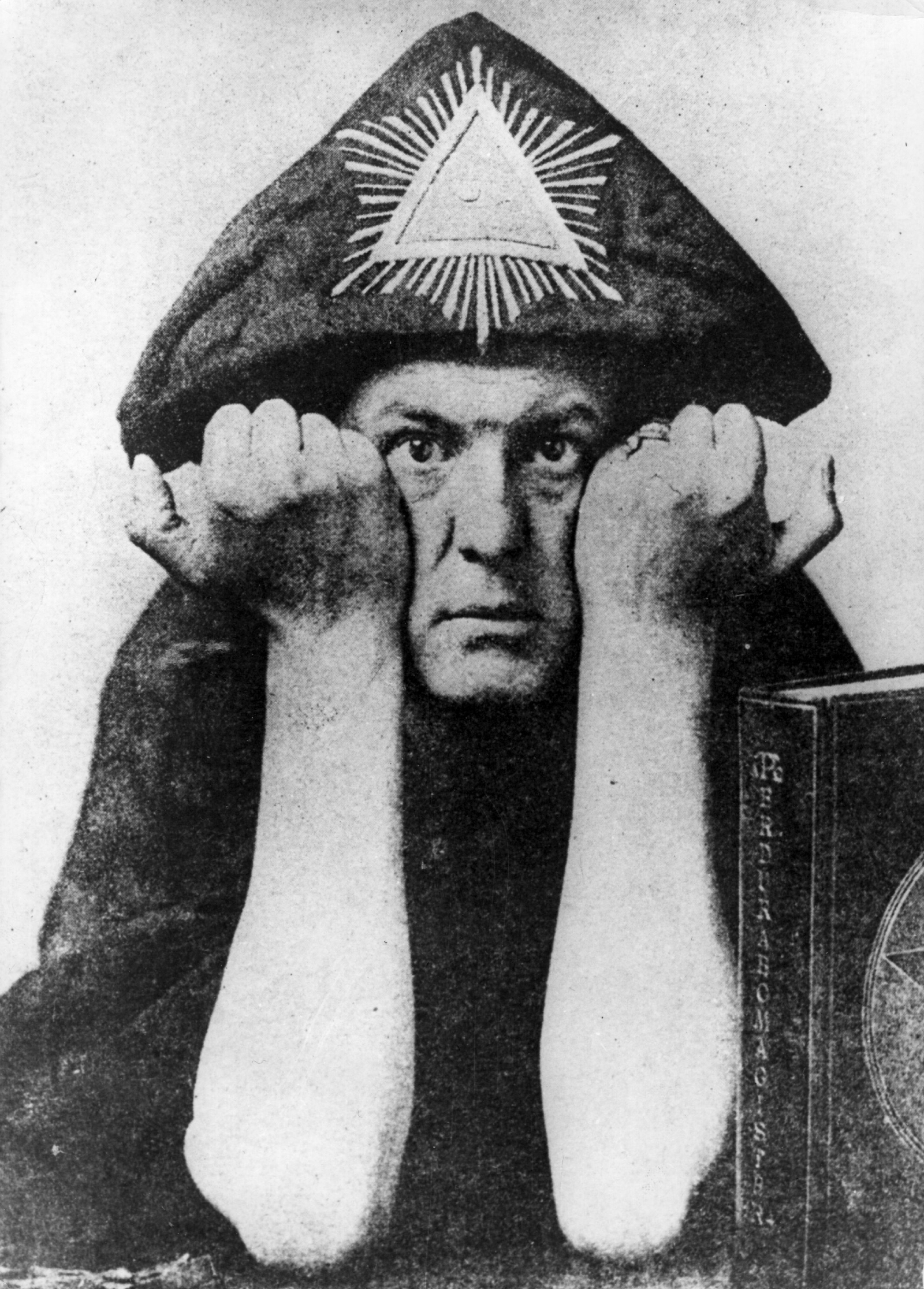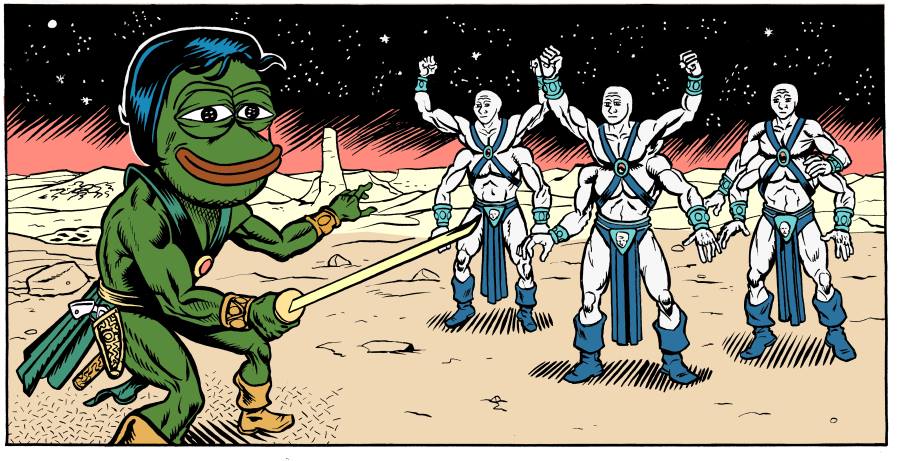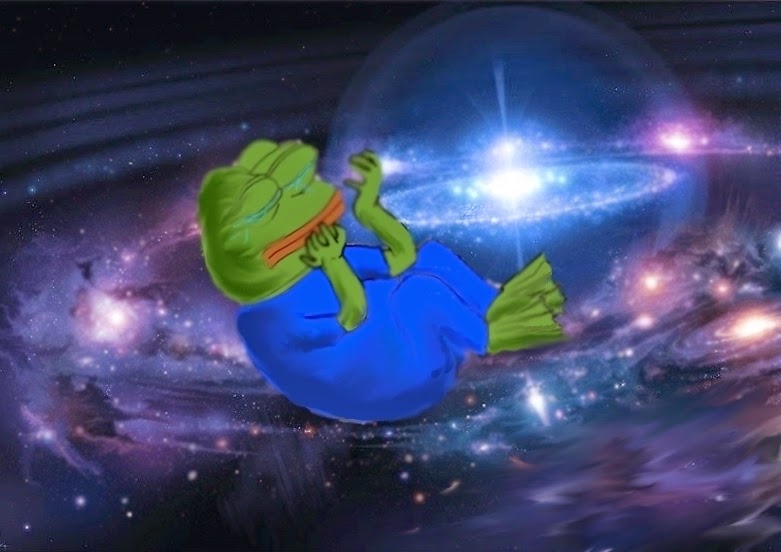Robert Stark and Pilleater talk about the film Salò, or the 120 Days of Sodom, directed by Pier Paolo Pasolini
Topics include:
The film was based on the book 120 Days of Sodom, written in 1785 by the Marquis de Sade, and was even more extreme than the film
De Sade’s nihilistic anarchic philosophy towards sex, in contrast with today’s society, which has replaced traditional morality with new moral codes rather than De Sade’s libertinism
How each generation tries to shock their elders, and how de Sade,’s work is shocking even by today’s standards
The book Sade by Jonathan Bowden
Kerry Bolton’s book The Psychotic Left
Ian Brady’s The Gates of Janus: Serial Killing and Its Analysis
Censorship, Sade’s imprisonment for his writings, and the banning of the film in Australia
Author Peter Sotos, who has been compared to de Sade, and also prosecuted for obscenities
Photographer Will McBride, who Sotos has written about, the censorship of his Sex Ed book Show Me!, his art book Coming of Age, and Lasse Nielsen’s films
The theme of adolescent sexuality, innocence, and the desecration innocence
Avant Garde filmmakers Harmony Korine, Larry Clark, Kenneth Anger, and Nagisa Oshima
Larry Clark’s film Kids
Brooke Shields in the film Pretty Baby
The portrayal and theme of Fascism in the film, and the line “the fascist are the true anarchist.”
Pasolini’s political and cultural views, and his Catholic Paganism
Pasolini’s homosexuality, his love affair with teenage Ninetto Davoli, who was in Salò, and depictions of homo eroticism in the film
Race play in sex, the Nazi S&M Film The Night Porter, and sado-masochist themes in films dealing with political and racial taboos
The film Hard Candy, which is Salò in reverse, but fits within the politically correct narrative
The dominant submissive paradigm in human sexuality
Eli Roth’s torture porn Hostel series
How we have become detached from violence and death in real life, and seek it out in film
The theme of sex as power
The other worldly transcendental aspect to sex
Click Here to download!
Check out Robert Stark’s Paintings!










